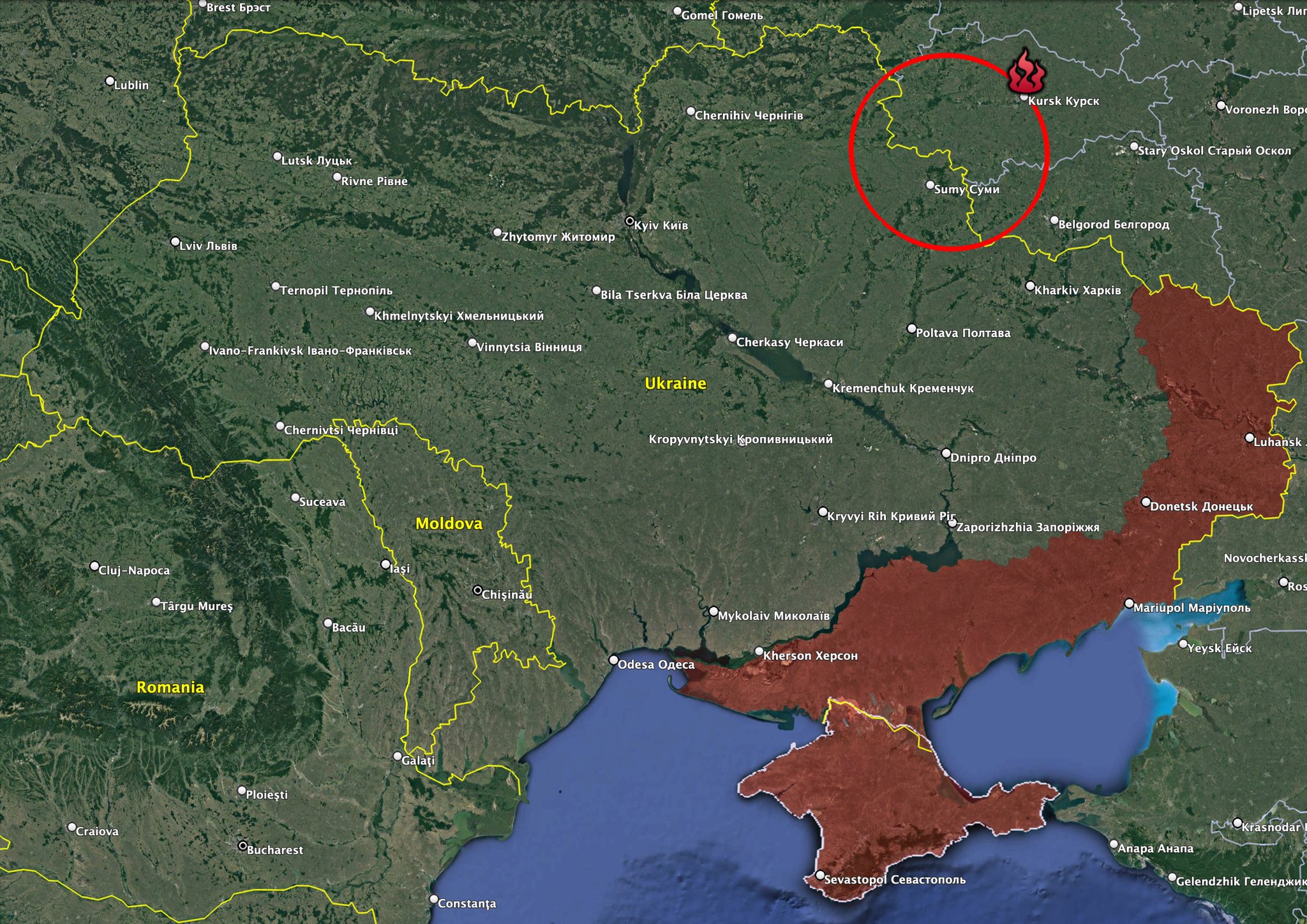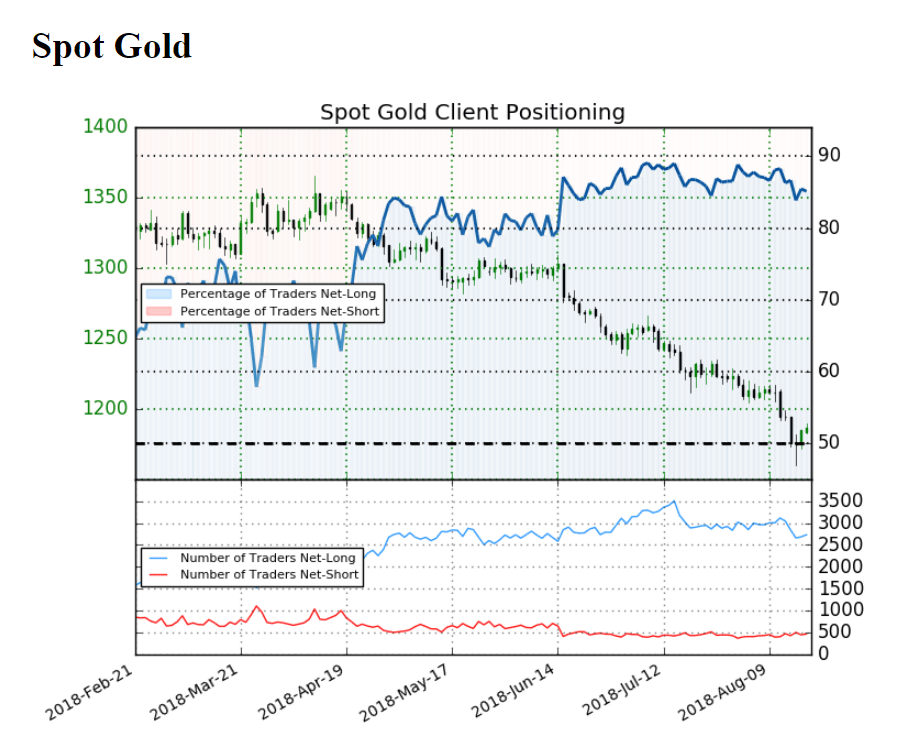Alright folks, buckle up, because we’ve got some Sunda Bio news that’s got my financial spidey-sense tingling. Sunda Bio just announced that its substantial shareholder, Tiantai Wanjian Investment Development Center, offloaded a chunk – around 1.36% – of its holdings, totaling 2.3284 million shares. They used both concentrated bidding and bulk trades to do it.

Now, before you all start panicking, let’s be clear: this doesn’t trigger a mandatory takeover bid, and the control of the company remains unchanged. Still, a move like this always begs the question: why now?
Let’s talk about what this actually means. Large shareholders don’t typically just start selling off stock for kicks. Often it’s about portfolio rebalancing, locking in profits, or, frankly, anticipating future headwinds. We need to dig deeper here.
Understanding Shareholder Sell-Offs: A Quick Dive
Shareholder reductions are commonplace in the stock market. They can signal confidence in the company’s future, or they can suggest something’s brewing beneath the surface. It’s crucial to analyze the context.
An investor may sell shares to diversify holdings and reduce overall risk exposure. It’s a basic tenet of portfolio management, nothing to shout about.
However, sometimes institutional investors offload holdings because they’ve identified potential risks that aren’t yet reflected in the stock price. That’s when things get interesting…and potentially tricky.
Also, remember that sometimes profits are simply taken. Don’t assume the worst right away. But always, always do your own homework.
Back to Sunda Bio, this is not a disaster, but consider this a wake-up call. Keep a watchful eye on this one, folks. Don’t just blindly trust everything you read in corporate announcements. Do your own research, assess the risks and potential rewards, and don’t be afraid to question the narrative.




